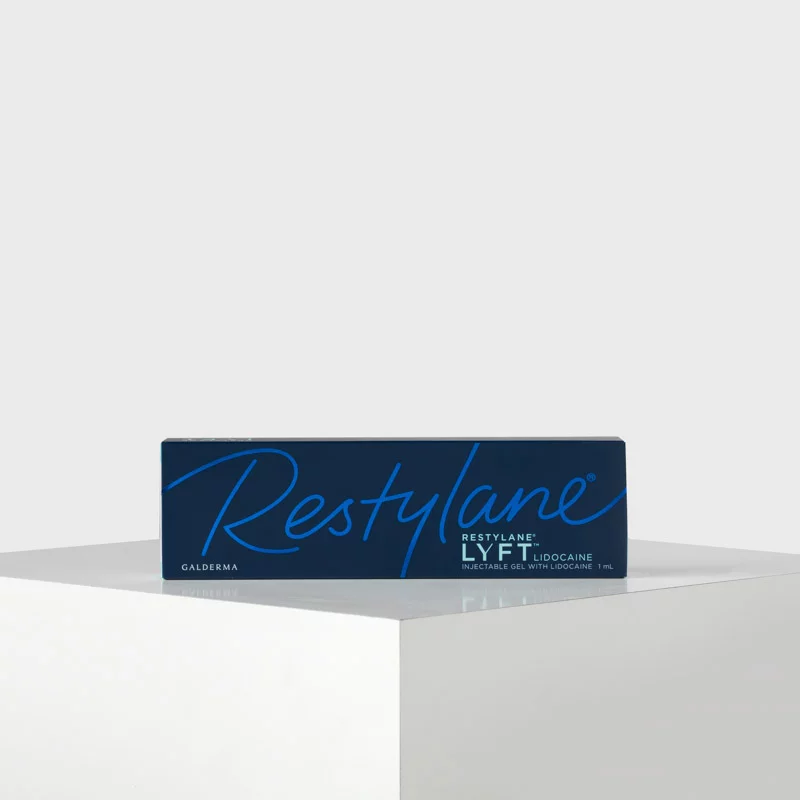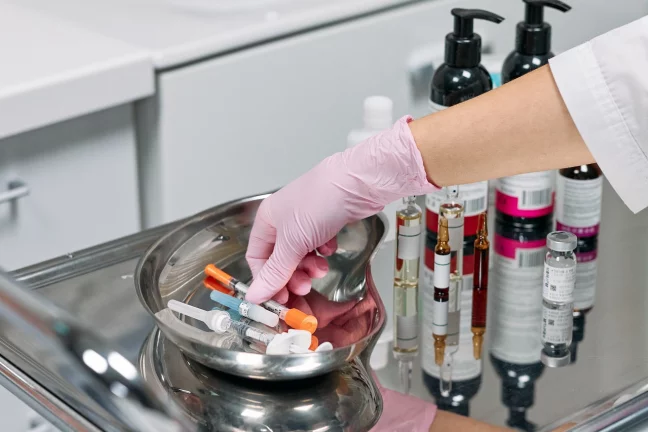- Home
- Offers
- Exosomes
- Polynucleotides
-
Brands
-
Manufacturers
- Fillers
- Treatment Areas
- Biostimulators
- Skin Boosters
- Mesotherapy
- Body
- Devices
- Threads
- Needles
- Cannulas
- PRP
- Cosmetics
- Library
- Academy
- Blog
- Medical Advice
- e-FILLERS Before + After Studio
- About us | Contact
Categories
Recent Posts
Products
-
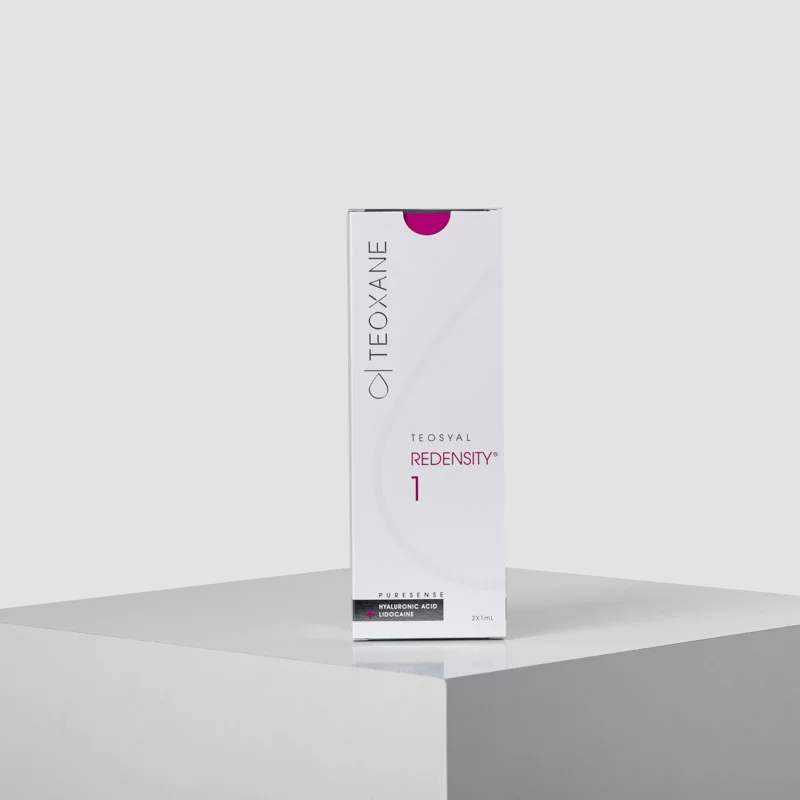
0,66 € 0,59 € -10%
TEOSYAL PURESENSE REDENSITY® 1 - 2x1ml -

1,44 €
TEOSYAL RHA® 2 - 2x1ml -

0,89 €
EXOCEAN - 50mg+5ml
-
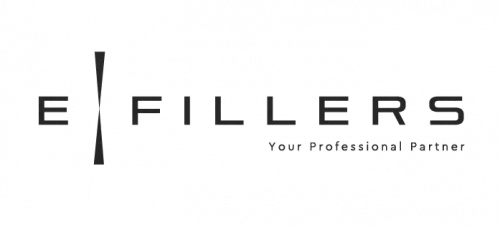
- Author e-FILLERS Team
- Oct 10th, 2025
Staff Training Essentials: Keeping Your Clinic Ahead in 2026
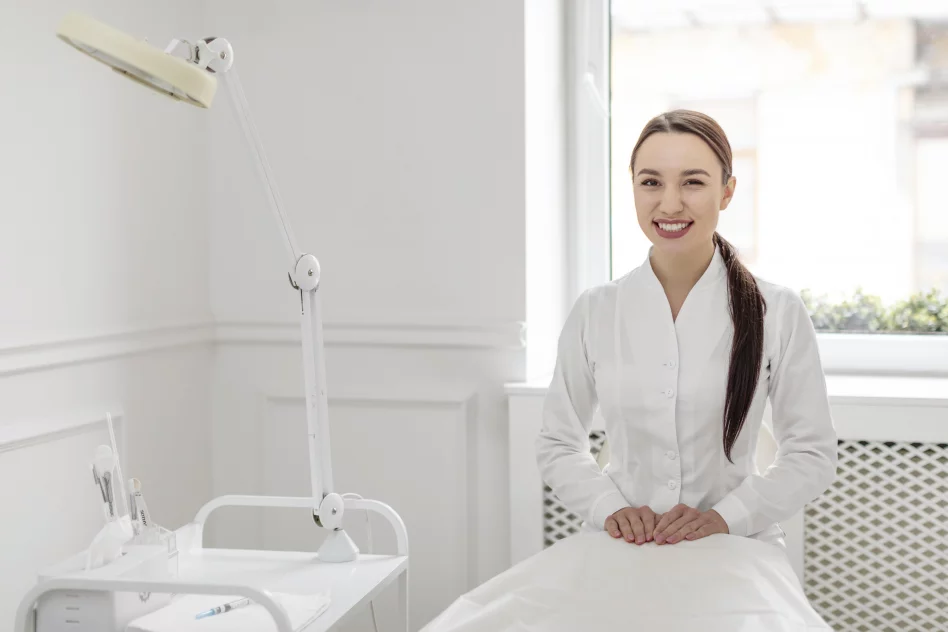
Introduction
In the fast-evolving world of aesthetic medicine, having skilled practitioners and knowledgeable staff is more important than ever. As new technologies, products, and patient expectations shape the industry, continuous staff training is what keeps a clinic competitive and trusted. Entering 2026, here are the training essentials every aesthetic clinic should prioritize.
1. Mastering New Treatments & Technologies
The rise of biostimulators, polynucleotides, and exosomes has transformed treatment protocols. Meanwhile, advanced devices for skin quality, AI-driven consultations, and imaging tools are becoming the new standard.
Action: Schedule regular product training sessions and encourage staff to attend certified workshops or webinars to stay updated.
2. Safety First: Complication Management
No matter how skilled the injector, complications like bruising, swelling, or even vascular occlusion can occur. In 2026, patients demand not just great results but also reassurance of clinical safety.
Action: Ensure every practitioner is trained in emergency protocols, filler dissolution techniques (hyaluronidase), and patient monitoring. Run yearly refresher courses.
3. Communication & Consultation Skills
Modern patients expect a personalized approach. Building trust during consultations is as critical as the injection itself. Staff must be trained to explain treatment options clearly, manage expectations, and handle concerns with empathy.
Action: Train your team in soft skills, patient psychology, and consultation structure to boost patient satisfaction and conversion rates.
4. Cross-Training Across Roles
Front-desk staff, nurses, and practitioners all contribute to the patient journey. A well-trained receptionist who understands aftercare instructions or product basics can reinforce trust.
Action: Offer clinic-wide training so that every team member—clinical or non-clinical—understands the treatments offered and the brand ethos.
5. Marketing & Compliance Awareness
With stricter advertising and medical device regulations in Europe and beyond, clinics must train staff on what can and cannot be promised in marketing. Transparency, ethical advertising, and proper use of before-and-after photos are non-negotiable.
Action: Provide training on regulatory compliance and align staff with the clinic’s ethical marketing strategy.
6. Continuous Learning Culture
Aesthetic medicine never stands still. Clinics that invest in ongoing education not only perform better but also retain staff longer.
Action: Create a learning culture by:
Subsidizing professional courses and congresses
Hosting monthly knowledge-sharing sessions
Encouraging certifications in niche treatments (tear trough, jawline contouring, regenerative aesthetics)
Conclusion
As the aesthetic field grows more sophisticated in 2026, staff training is no longer optional—it’s essential. By prioritizing technical skills, safety protocols, communication, compliance, and continuous education, clinics can deliver better patient outcomes, stronger reputations, and sustainable business growth.

.webp)
.webp)

